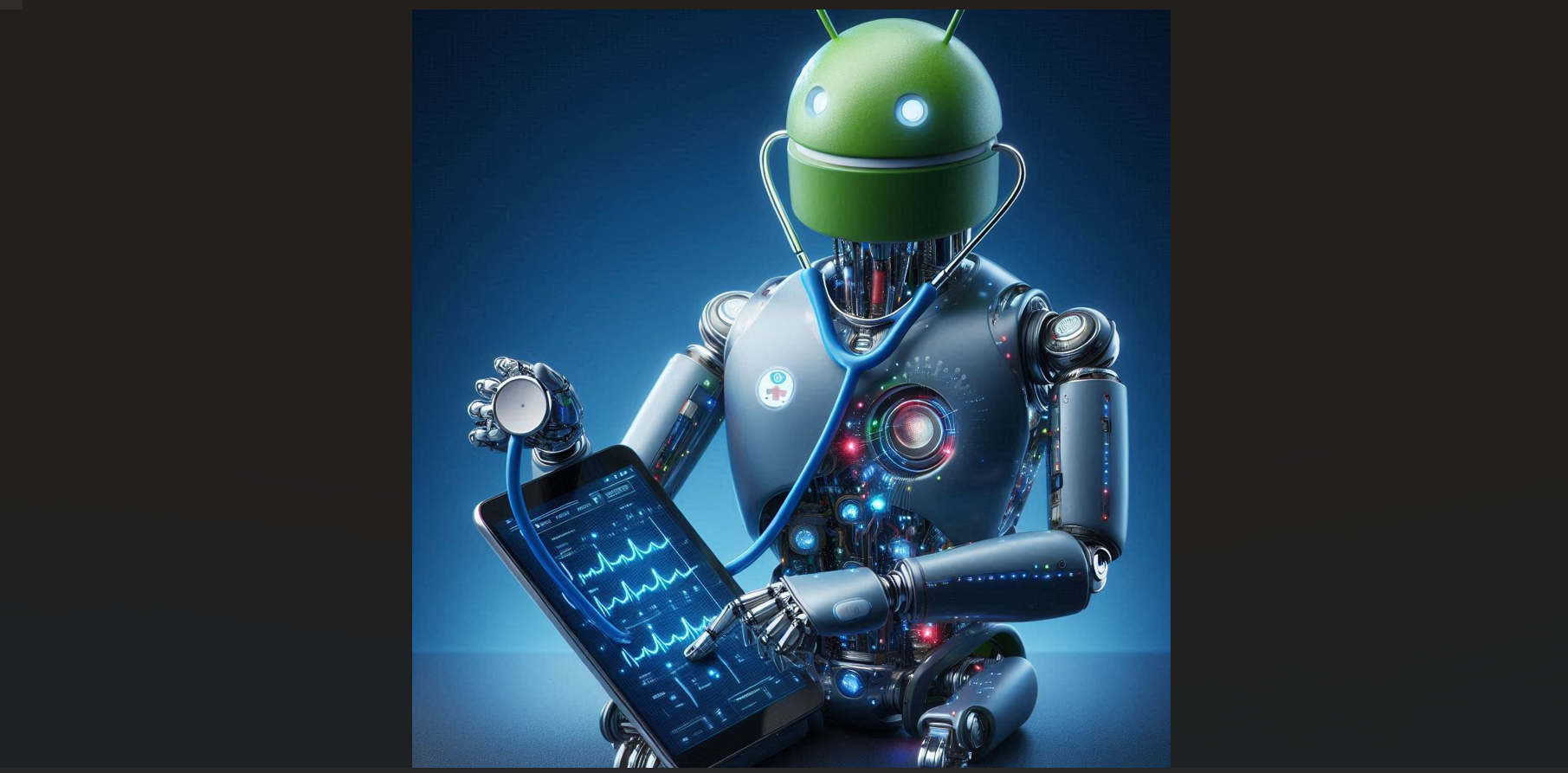No matter what other controversy Artificial Intelligence (AI) might be getting into, AI has been revolutionizing the healthcare and medical segment. AI has been aiding medical personnel and professionals as well as bio scientists to get through mountains of research and data.
Medical research always struggles with tons of data, and sometimes finding that particular datum that can be the golden ticket that takes the whole thing to the next level can almost seem impossible. AI specifically being good at finding a needle in the haystack is coming handy for medical research.
For example, while other sectors might be battling with fears of jobs getting replaced by AI, radiologists are thriving. Radiologists are adapting and experiencing growth by integrating AI as a tool in their work. While early fears suggested AI might displace radiologists, it’s now being said that AI is augmenting their work, improving efficiency, and even increasing their job satisfaction by reducing burnout.
Last year, Mayo Clinic scientists used AI and machine learning to analyze electroencephalogram (EEG) tests more quickly and precisely, enabling neurologists to find early signs of dementia among data that typically go unexamined.
AI is also shaking up the techbio movement, which aims to revolutionize the pharma industry using AI to understand biology and disease. AI’s ability to sift through mountains of information means it can do so for gene sequences and protein structures to clinical trials, resulting in prediction of properties of novel drugs and creating targeted therapies.
As per Alex Zhavoronkov, CEO of Insilico Medicine, AI-designed drugs could become commercially available in the next five years.
Genetics is another sector that AI could transform. Last month, Google DeepMind came out with an AI model called AlphaGenome to help researchers understand how our genes work. The AI model predicts what results tiny changes in DNA will have on an array of molecular processes.
According to MIT Tech Review, AlphaGenome will allow virtual conduction of some types of lab experiments on a computer, which will save time and money. Apparently, some researchers even want to use AI to design entire genomes from scratch and create new life forms.
And it’s the layperson who ultimately hopes to benefit from all this collaboration between medical research and AI. Some folks are already seeing results of bringing AI into the equation.
Recently, a couple who has been trying to conceive for 18 years with the help of IVF have finally received good news with the help of AI at Columbia University Fertility Center. The system called STAR (sperm tracking and recovery) uses AI to identify hidden sperm in azoospermia cases, enabling successful IVF.
Medical research always struggles with tons of data, and sometimes finding that particular datum that can be the golden ticket that takes the whole thing to the next level can almost seem impossible. AI specifically being good at finding a needle in the haystack is coming handy for medical research.












